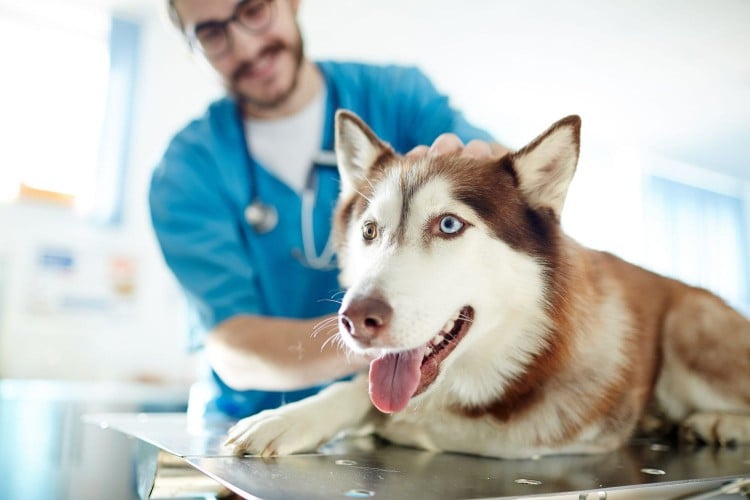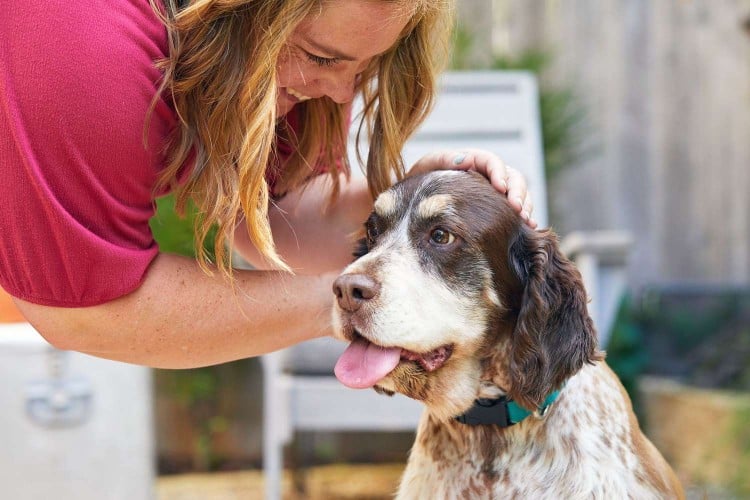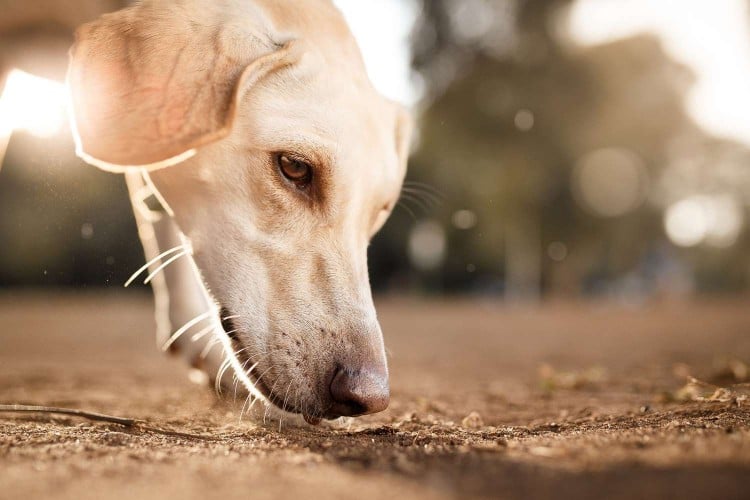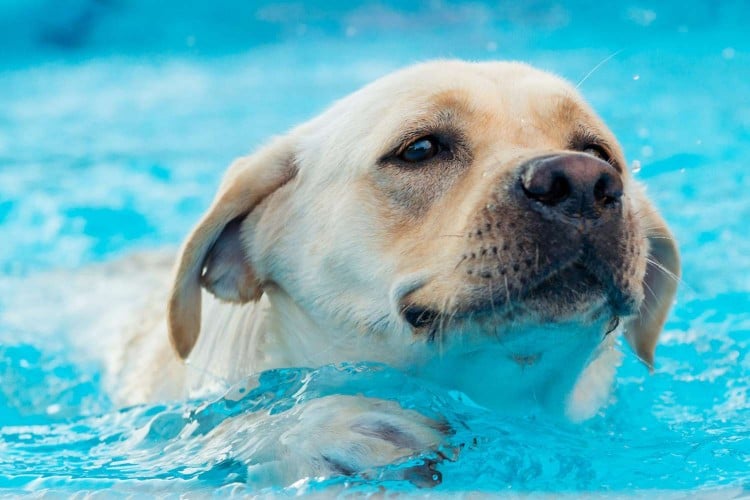Cancer Treatment in Dogs Can Include Chemotherapy, Surgery, and Radiation Therapy

Finding out your dog has cancer can fill you with numerous emotions, questions, and concerns.
Cancer treatment in dogs has made great strides in recent years, with many dogs tolerating the treatment well and enjoying a good quality of life despite their diagnosis.
With over 100 types of cancers in dogs, there's no one-size-fits-all cancer treatment. Treatment is individualized and depends on many factors, including cancer type, prognosis, and overall health.
Canine Cancer Treatment Basics
Before it's treated, the cancer must be staged.
Staging describes a tumor's size and how much it has metastasized (spread) in the body. Staging allows your veterinarian to determine your dog's prognosis and develop the most appropriate treatment plan.
If your dog has cancer, your veterinarian will refer you to a veterinary oncologist. They'll work with you to decide on a conventional cancer treatment. Those include chemotherapy, surgery, and radiation therapy.
In a perfect world, treatment would eliminate the cancer, but that's often not possible. (The cure for cancer could leave the dog in too much distress.) However, veterinarians can employ other strategies that can minimize pain and discomfort while improving quality of life.
The most common cancers include hemangiosarcoma (cancer in the blood vessels), lymphoma, melanoma, mast cell tumors, bone cancer, and mammary cancer.
Cancer treatment in dogs usually involves a combination approach (chemotherapy and surgery, for example), which is often more effective than using only one treatment.
How To Identify and Treat Lymphoma in Dogs
Chemotherapy
Dogs tolerate chemotherapy quite well. Unlike in people, chemotherapy does not cause hair loss in dogs, but hair thinning may occur. Other side effects include mild vomiting, diarrhea, and loss of appetite. Your veterinary oncologist can usually offer treatments to ease these side effects.
Surgery
Surgery works well for cancers that are small, localized, and easily accessible. Chemotherapy is sometimes used before surgery to shrink the tumor so it can be more easily removed. Chemotherapy may also be recommended after surgery to help delay or prevent the spread of cancer to other parts of the body.
Radiation Therapy
Radiation kills rapidly dividing cells or damages cancer cells enough to prevent cell division and growth. The radiation is targeted directly to the cancerous tissue and is administered in small doses over several weeks.
Radiation side effects can occur shortly after treatment and several months later. Early effects typically include skin or tissue inflammation that often resolves on its own, but your vet can offer medications to ease discomfort. Late effects include tumor growth months to years after radiation treatment, but this is extremely rare.
Other Medications
Medications can be used to manage the side effects of cancer treatment.
For example, pain medication helps relieve post-surgical pain and discomfort. Anti-nausea and anti-vomiting medications like Cerenia or metoclopramide can be given to reduce GI upset. Appetite stimulants are helpful for dogs who lose their appetite during cancer treatment.
Alternative and Complementary Therapies
A holistic view of cancer treatment considers a dog's overall well-being during treatment. Alternative and complementary therapies, which holistic veterinarians champion, help improve the well-being of dogs with cancer.
Alternative therapies are used instead of conventional therapies can include Chinese veterinary medicine and dietary therapy. Complementary therapies are used in conjunction with conventional therapies and include acupuncture, massage, herbal therapy, and aromatherapy.
A holistic veterinarian can help you determine which non-conventional therapies would benefit your dog during cancer treatment.
CBD has become increasingly popular among pet owners for its ability to reduce pain and anxiety and promote relaxation. However, its use as an alternative or complementary therapy for cancer treatment in dogs has not yet been studied extensively.
Osteosarcoma in Dogs: What You Need to Know
General Cancer Treatment Considerations
Keep a few things in when treating your dog for cancer:
- Cancer treatment can cost thousands of dollars. Consider your budget when discussing cancer treatment options with your veterinarian.
- Monitor your dog closely and alert your veterinarian if your dog's symptoms have worsened or their quality of life has decreased.
Be realistic about treatment success. Your dog may succumb to cancer despite receiving the best possible treatment. Accepting this reality can better prepare you for your dog's cancer treatment journey and potential outcomes.








